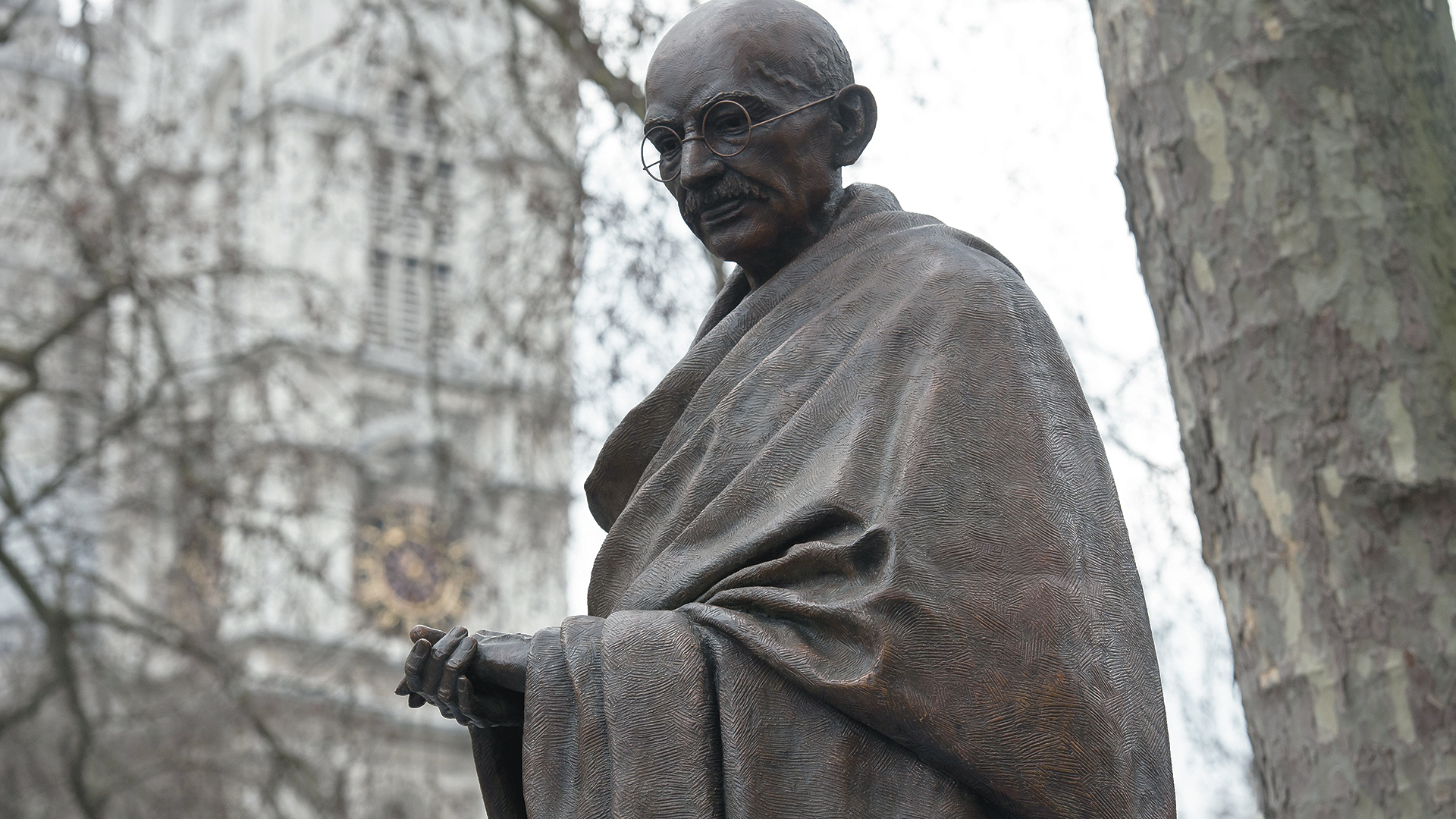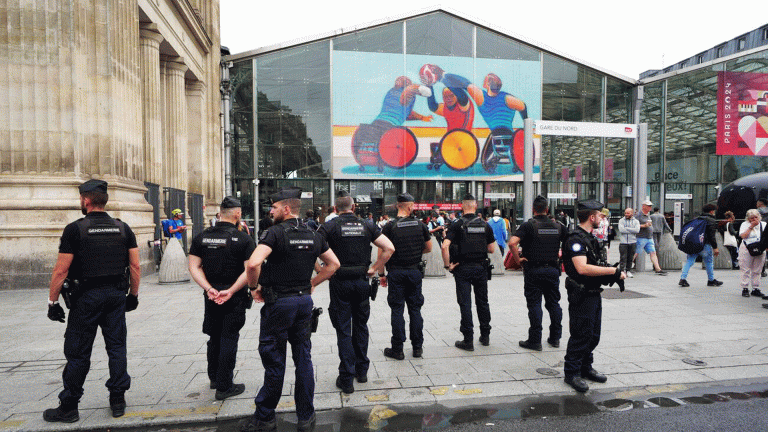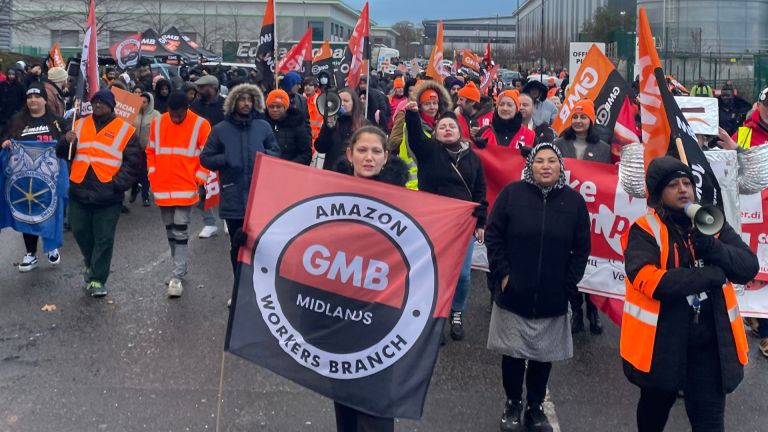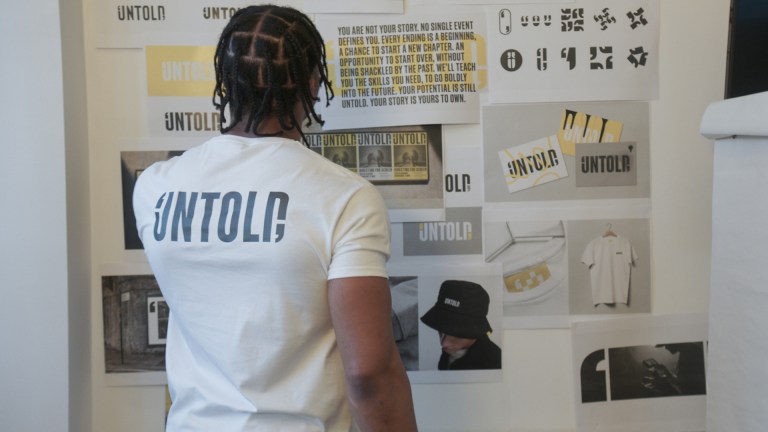This week I slept in an icon of British ingenuity and inventiveness. Or I should say I slept in a former icon of British ingenuity and inventiveness now consigned to history and converted into a Premier Inn.
Sitting at the foot of Putney Bridge, on the opposite bank to the church where the Putney Debates took place in 1647 (discussing among political things ‘one man, one vote’), the concrete hotel was once the HQ of International Computers Limited. This seemingly modernistic intervention in the quiet streets of south-west London was to be the Labour government of Harold Wilson’s attempt at seeing off the American giant IBM.
ICL was supposedly Britain’s answer and fitted in with Wilson’s ‘white heat of technology’ programme that, from 1964 to 1970, was going to bring the UK into the forefront of innovation.
Wilson was fully aware of the incredible antiquity of UK industry, and its history of failure to modernise; its nationalised industries hampered by the fact that to modernise meant to innovate new techniques, meaning smaller workforces. And no trade union movement was going to buy a reduced workforce, especially coming from a government that was supposed to be for the workers.
Wilson never got the modernisation he wanted. The nationalised industries of coal, railways, steel, heavy engineering and shipbuilding slipped further into debt that was picked up by the taxpayer. And eventually, as was bound to happen, Thatcher’s government 20 years later stamped all over the basic industries, shredding them and leaving an enormous army of unemployed social security recipients.
Now, of course, 40 years on from the days when Thatcher’s government knocked the ballocks out of much of industrial Britain, we still have the problems of productivity causing grief. For we are an economy of low wages and low investment. Hence when the cost-of-living crisis hits, we have millions never lifted out of poorly paid work due to the non-existent earlier investment in better jobs and higher skills. Skilling people away from being the working poor did not happen under Wilson, nor did it happen under Thatcher.










